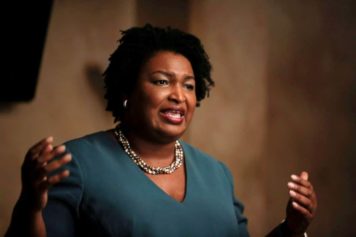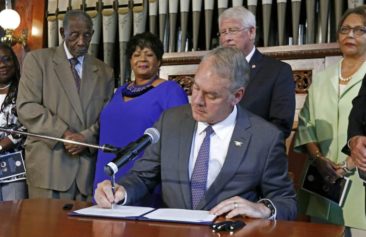Almost a year ago, a shift occurred that redirected the course of our nation. It was a radical change, yet so subtle most people didn’t even realize it had happened until reports began circulating last week. For the first time in the history of our nation, white children no longer made up the majority of babies born in this country. As of July 1, 2011, 50.4 percent of babies younger than age one were minorities, or belonged to more than one race.
Though Caucasians still make up two thirds of the American populations, experts predict that non-Hispanic whites will become a minority of the total population after the 2040 Census, making up 48.5 percent in 2045.
That’s monumental. Just think—a country that was built primarily by slave and immigrant labor will become a minority-majority nation in less than thirty-five years. Everyone knew the day was coming. But now that the change is actually beginning to happen, it raises some very deep and compelling questions.
Our nation’s political alliances are changing with this influx of new blood and new ideas. Likewise, our workforce will look completely different in the coming years. But what does this mean for the social and economic future of this country? What does it mean to be an American—specifically an African American—in a time when long-reaching policy decisions are being made regarding crucial issues such as race relations, education, poverty alleviation and immigration?
As African Americans, we must decide on how we figure into these national discussions. How do we intend to collectively make our voices heard, particularly in this election year? What issues are crucial to our continued growth and development in this society? Will we band together—within our own communities and also with the Hispanic and Asian communities that are driving this demographic shift—to see that important issues are placed in the forefront of the national agenda? Or will we get all post-racial with it, refusing to seize the opportunity to bargain collectively for our socio-political rights and economic development?
Conservative politicians are fighting tooth and nail to cut spending to social programs that largely impact poor and working families. For example, in Texas, one of the five minority-majority states in the nation, politicians have cut more than $5 billion from the state’s education budget over the next five years. This affects a disproportionate number of the state’s Latino and African-American populations, who make up the majority of families with small children in the public school system.
Without our active participation, and a willingness to take control of our economic and political fate, we stand to become a permanent underclass inside our own nation, rather than a rising political force to be reckoned with. The choice is ours to make.


